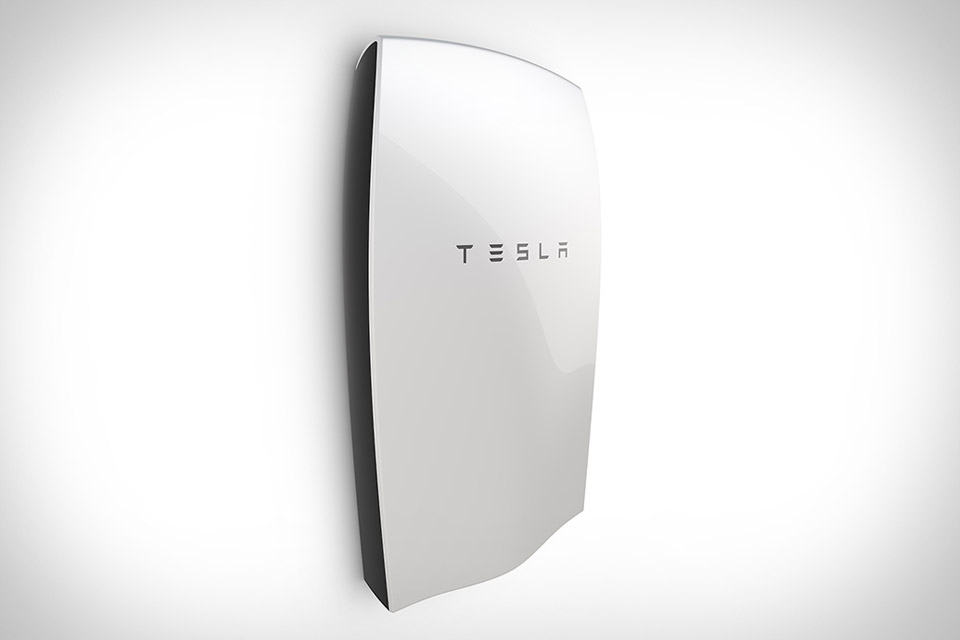Update : SolarWatt also has a storage solution, with similar qualities to the power wall. We expect more similar products to enter the market.

UPS means Uninterrupted Power Supply. It is a system used in IT to ensure servers and other computers don’t shut down in the event of a power failure or intermittend fulctuations in grid power. They are ubiquitous, nearly every server room has one because computers are expensive and leaving them without power for only a microsecond wipes their RAM memory.

Having these systems proves we already have battery storage for the home, and the Tesla Powerwall is not that much of a innovation. What is the innovation with Tesla is that the Powerwall product is priced to be sold in large quantities, and has a design and ergonomic qualities to be part of a normal houshold.

That said, what the Powerwall does is take in electricity, store it, and make it available on demand, at an output of about 2 kW per unit, probably as smooth AC (110v for US). If the grid fails we expect it to continue to provide AC in the house. This is a lot of what a UPS does.
A 10 kWh Powerwall is half the price of a 10kW UPS
The question is what the power draw an a normal UPS is, this can vary between 66% and 90% of the rating, so a 10 kVA could deliver 5kW, this is more than the Powerwall. But the cost of a 10 kWh Powerwall is 3500, while that of a 10kW UPS is about 7.000, double that. You could reason like this : If the equipment power use at a grid failure is below 2 kw, and a UPS offered for that power draw is more expensive than a Powerwall, what is there against going for the latter?
Will Tesla’s large storage units make UPSes a thing of the past?
The price will come down more, because Tesla is building a battery factory, it is offering the design for this factory to anyone that wants to build it, as a product, just like many production lines are themselves a product. In any case, Tesla can already service a market, just like the UPS producers could offer storage solutions for the home.
.. or will UPS manufacturers enter the competition to produce the most usefull and cheap grid storage devices
The reason they probably aren’t doing that is exactly what this article is about, it would be cheaper, because the potential damage af failure in the home does not justify as high a price as one in a critical operation of a company.